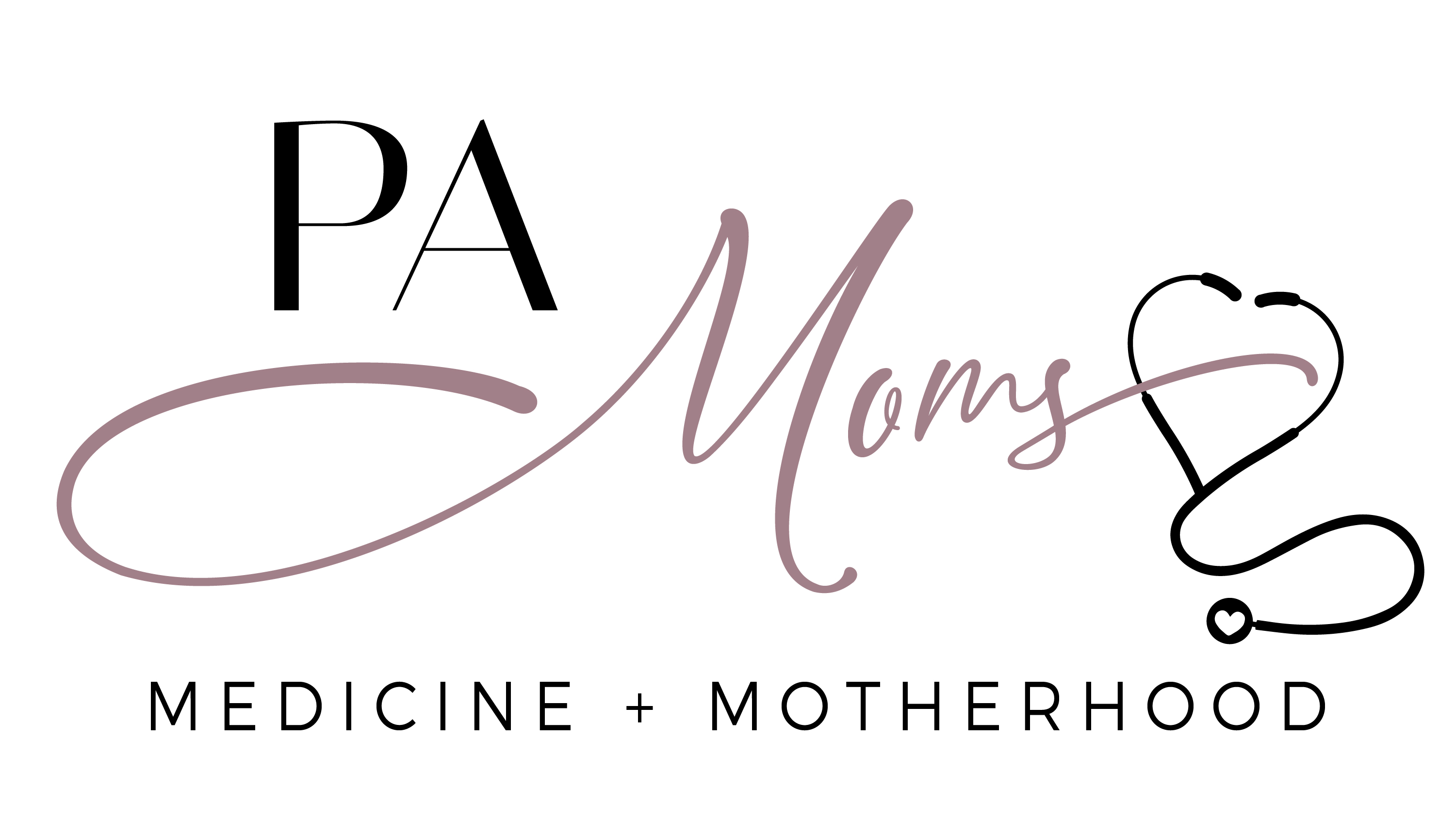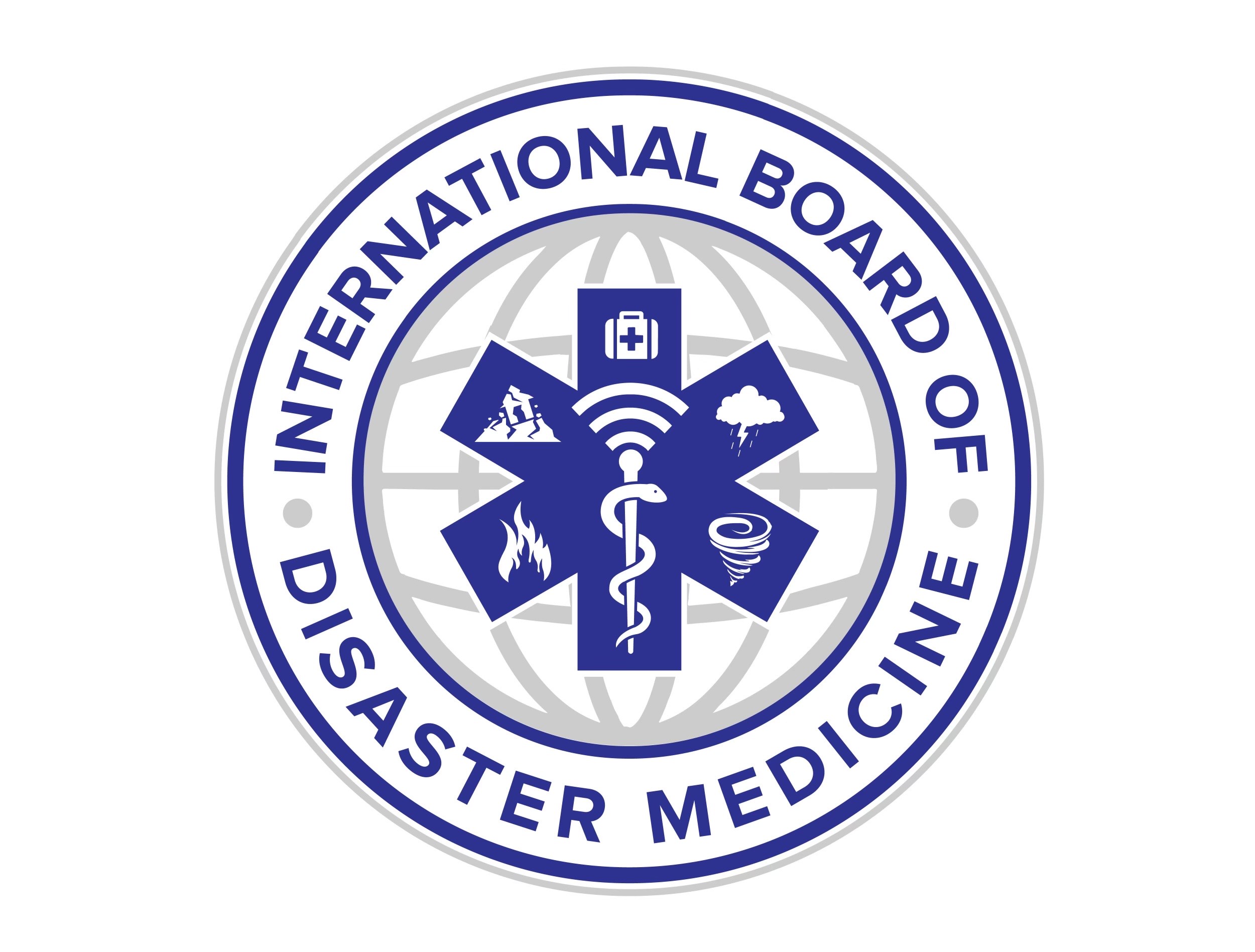Lynchburg Journal of Medical Science
Specialty
Surgical & Clinical Medicine
Abstract
This clinical update examines the findings for mental health outcomes related to gender-affirming medical interventions (GAMIs), specifically gender-affirming hormone therapy (GAHT) and gender-affirming surgery (GAS) in transgender individuals. This study analyzes the impact of these interventions on gender dysphoria, depression, suicidality, and overall psychological well-being from findings published in peer-reviewed literature from 2015-2025. The findings indicate that GAHT leads to substantial decreases in depressive symptoms, anxiety, and suicidality with the most pronounced benefits occurring during the first 2 years of therapy. Studies have linked GAS with long-term improvements in psychological distress, body image, quality of life with low regret rates among recipients. However, variability in patient outcomes suggests that factors such as internalized transphobia, availability of social support and economic stability significantly impact these improvements. Barriers to GAMI access, including financial, legal, and discriminatory barriers, exacerbate mental health disparities in the transgender population. Despite clear evidence that GAMIs have tangible benefits, there are still research gaps, especially concerning long-term psychological outcomes and tailored treatment plans. This review highlights the need for integrated psychosocial support to complement GAMIs, policy reforms securing equitable access to GAMIs, and further longitudinal studies investigating optimal treatment approaches. This survey presents updated treatment guidelines synthesized from the findings intended to guide clinicians in optimizing their gender-affirming care plans for improving the psychological well-being and quality of life for their transgender patients considering GAMI treatment.
Recommended Citation
Borazjani, Raha
(2025)
"Gender-Affirming Medical Interventions: A Clinical Review,"
Lynchburg Journal of Medical Science: Vol. 1:
Iss.
1, Article 12.
DOI: https://doi.org/10.63932/3067-7106.1013
Available at:
https://digitalshowcase.lynchburg.edu/jms/vol1/iss1/12






